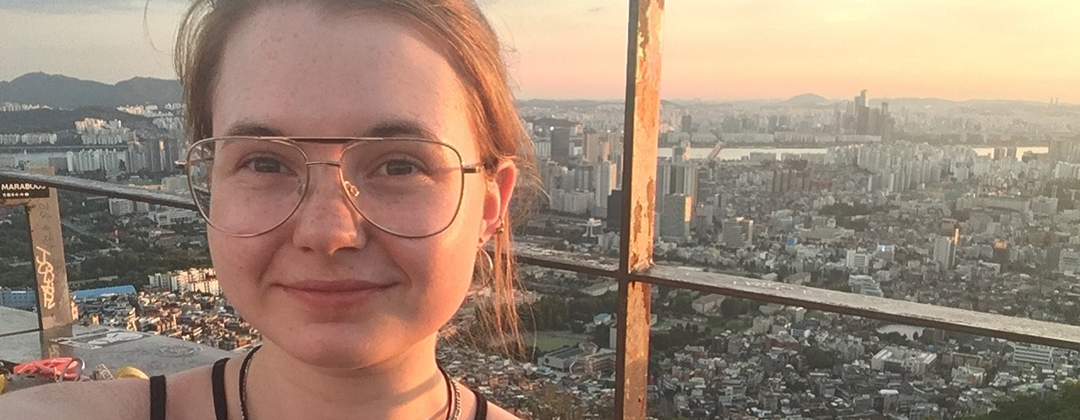My Zero Waste Life

Zero waste insights from Elsa Webb
Meet Elsa Webb, a biology student at the University of Bristol, who, like many Bristol citizens, has become concerned about the impact that humans have on their environment.
Elsa became vegan in 2015 learning that reducing our consumption of meat and dairy is one way to significantly reduce our carbon footprint. By following emerging vegan and then ‘zero waste’ bloggers, Elsa also discovered the importance of the way we buy food and the packaging involved.
Bring your own
Many of the bloggers she was following shopped at farmers’ markets and bulk-buy stores where you can bring your own bags and containers. Elsa says, “They mentioned how it uses less plastic and is actually a cheaper way to shop and I realised I never really thought about how my food was packaged. I learned that it is so much more than just shopping in bulk or using reusable bags. It was really terrifying in a way to see how much waste we produce on a daily basis.”
Since then Elsa has been working towards having a ‘zero waste’ life and trying to eliminate non-recyclable goods from her life as much as possible. She started off with simple things: small swaps, such as carrying a canvas bag around instead of buying a plastic bag when doing food shopping.
‘Personally, I found it more manageable and more enjoyable to ease into this lifestyle slowly rather than jumping in straight at the deep end. If you try to change too much all at once I feel it can make the zero-waste lifestyle seem extreme and unattainable.’
One step at a time
Elsa realised that baby steps was the best way to go for her, seeking out products that avoid too much single-use plastic. For example, you can buy many loose fruit and vegetables instead of those that are plastic-wrapped. Elsa also suggests donating old clothes, CDs and books to charity stores instead of throwing them away – and you can pick up a bargain while you’re in there too!
So it’s about reducing, reusing and, of course, recycling. Elsa says, “Just making the most of your local recycling opportunities can make a real difference. Not everyone recycles everything that they potentially could, so using the separate green, black and brown bins properly can be a good starting point for creating less waste.”
There are many more alternatives available these days, things you can make yourself or purchase from responsible businesses. Being aware of how the things you buy were made and where can help you realise the impact your choices have on our world.
Elsa said “I am not perfect… I still slip up occasionally. It’s all about being gentle with yourself and working on improving the quality of your life rather than thinking you must deprive yourself of certain things.”
Elsa’s zero waste tips
- Before buying products, check on the packaging whether they can be recycled or not.
- Check what Bristol Waste Company’s local recycling points take. They may not recycle certain materials, so it is best to check if you are not sure.
- Plastic or glass jars of any kind are always useful to have and reuse: I use a lot of old jam jars when I go bulk food shopping.
- Some companies such as the cosmetics retailer Lush will happily take back the containers you originally purchased their products in and reuse or recycle them for you.
